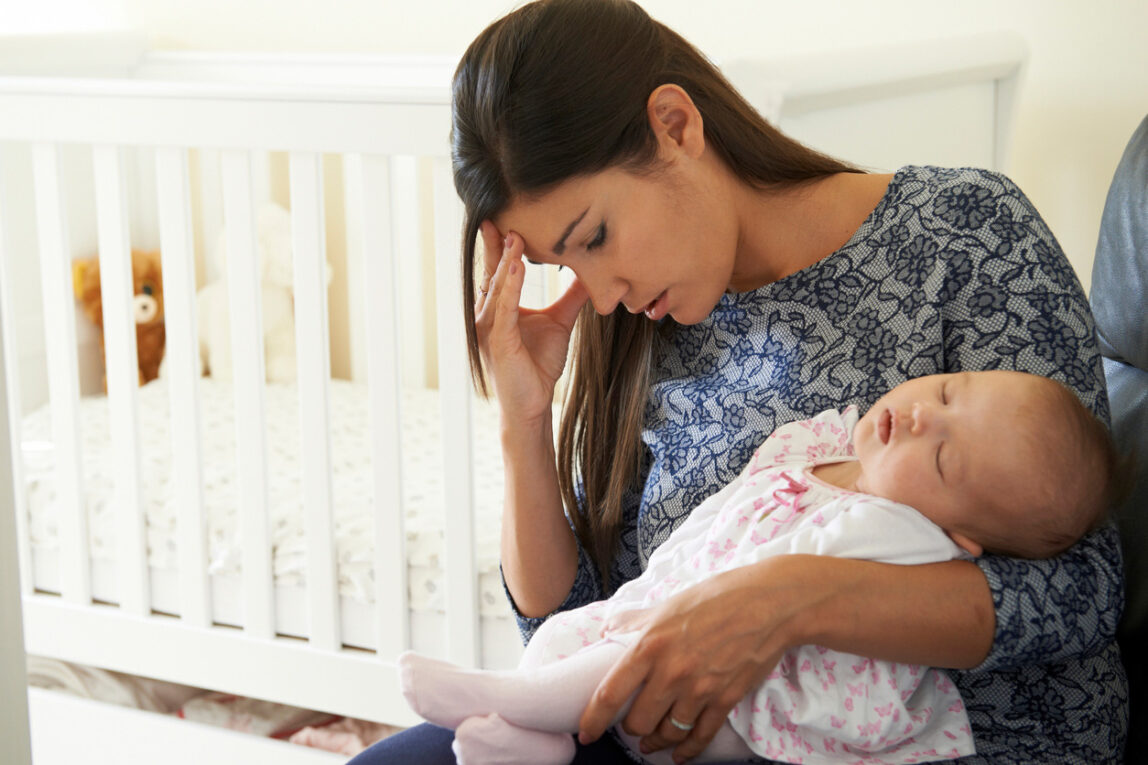New research published in The Lancet Psychiatry has revealed that women with a history of severe mental illness are at a lower risk of relapse after giving birth in regions where they have access to a community perinatal mental health team (CPMHT). This study, which is the first of its kind to evaluate the effectiveness of CPMHTs, suggests that specialist support reduces the risk of acute relapse after birth. The research also highlights the importance of closer collaboration between mental health services and maternity services.
CPMHTs were introduced in England in 2016 as part of a national initiative to improve specialist access for women with perinatal mental health problems and enhance overall mental health outcomes. Women with severe mental illnesses like bipolar disorder and severe depression are significantly more likely to experience relapse in the first few months after giving birth. CPMHTs aim to improve access to preventive care during pregnancy and provide treatment for new episodes of mental illness during and after birth. However, limited research has been conducted into the effectiveness of CPMHT care.
For this study, researchers identified 70,323 women who had given birth to a single baby and had been in contact with a secondary mental health care service in the ten years prior to their pregnancy. This group was monitored to determine how many experienced acute relapses in their mental health after birth, defined as either being admitted to a psychiatric hospital or being cared for by a crisis resolution team.
The study, conducted by researchers from the Institute of Psychiatry, Psychology & Neuroscience (IoPPN) at King’s College London, the University of Exeter, and the London School of Hygiene & Tropical Medicine, found that access to care significantly improved when a CPMHT was available. In areas with a CPMHT, 24.2% of women accessed care during pregnancy compared to 17.9% in areas without a CPMHT. Additionally, 3.6% of the 31,276 women with access to a CPMHT experienced acute relapses after birth, whereas 4.5% of the 39,047 women in areas without a CPMHT experienced the same.
Professor Heather O’Mahen, a senior co-author of the study and Professor in Perinatal Clinical Psychology at the University of Exeter, stated, “Pregnant and postnatal women can face many barriers to mental health care. The government’s investment in CPMHTs has made a real difference in their ability to access needed treatment.”
Professor Louise Howard, another senior author from King’s IoPPN and Professor Emerita of Women’s Mental Health, added, “The period after birth can be a time of increased risk for women with severe mental illnesses such as those with bipolar disorder or a history of severe depression. It is very encouraging to see that having a community perinatal mental health team in an area is associated with significantly reduced rates of relapse after birth—a time when mothers want and need to be well and at home with their infants.”
This study highlights the positive impact of CPMHTs on reducing the risk of mental health relapse after childbirth for women with severe mental illness. It underscores the importance of investing in and expanding access to specialized community support for perinatal mental health. By providing preventive care during pregnancy and targeted treatment after birth, CPMHTs can significantly improve the well-being of mothers and their infants. However, further research is needed to fully understand the long-term effectiveness and benefits of CPMHTs in different regions and contexts.
*Note:
1. Source: Coherent Market Insights, Public sources, Desk research
2. We have leveraged AI tools to mine information and compile it

